Understanding Oral Cancer and the Role of Dentists in Screening
Oral cancer is a serious health concern in the United States, with thousands diagnosed each year. Early detection is crucial for effective treatment and improved survival rates. One of the frontline defenses against oral cancer is routine screening during dental visits. But the question many patients ask is: do all dentists check for oral cancer?
While oral cancer screening is recommended by major health organizations, the reality is more complex. Not every dentist consistently performs thorough oral cancer exams, and awareness among patients is often limited. Understanding the standard practices in dental offices and the importance of these screenings can empower patients to advocate for their own health.
The Importance of Oral Cancer Screening During Dental Visits
What Does an Oral Cancer Screening Involve?
An oral cancer screening typically includes a careful visual examination of the mouth, throat, tongue, lips, and surrounding tissues. Dentists look for abnormalities such as unusual sores, red or white patches, lumps, or any suspicious lesions that could indicate early stages of cancer.
This screening is quick, painless, and usually performed as part of routine dental checkups. In some cases, dentists may also use special tools or adjunctive technologies like VELscope to enhance detection.
Why Early Detection Matters
Oral cancer often begins with subtle symptoms that can be easily missed. According to the Oral Cancer Foundation, more than 53,000 people in the U.S. will be diagnosed with oral or oropharyngeal cancer this year alone. Early-stage oral cancer is much easier to treat successfully compared to advanced stages.
Routine screenings by dentists play a critical role in catching oral cancer early before symptoms become severe. Early diagnosis can significantly increase survival rates and reduce the need for aggressive treatments.
Do All Dentists Perform Oral Cancer Screenings?
Current Practices in Dental Offices Across the U.S.
Ideally, every dental visit should include an oral cancer screening. However, studies and surveys reveal a mixed reality. While many dentists report routinely screening their patients, a significant number admit that they do not consistently perform thorough exams.
Reasons vary, including time constraints, lack of training on oral cancer detection, or assumptions that patients are at low risk. Additionally, some dental practices may not emphasize screening unless the patient presents risk factors such as tobacco use, heavy alcohol consumption, or suspicious symptoms.
What Patients Should Expect
Patients should expect and request an oral cancer screening during their dental exams. If a dentist does not mention or perform the screening, it is appropriate to ask about it. Open communication ensures no opportunity for early detection is missed.
Risk Factors and Symptoms to Watch For
Common Risk Factors for Oral Cancer
Understanding who is at risk helps patients and dentists prioritize screenings. Major risk factors include:
- Tobacco use, including cigarettes, cigars, pipes, and smokeless tobacco
- Excessive alcohol consumption
- Human papillomavirus (HPV) infection
- Prolonged sun exposure affecting the lips
- Age, with higher risk in individuals over 40
Early Symptoms to Monitor
Patients should be vigilant about changes such as:
- Sores that do not heal within two weeks
- Red or white patches inside the mouth
- Persistent pain or tenderness
- Lumps or thickening in the cheek
- Difficulty swallowing or speaking
Reporting these symptoms promptly to a dental professional can lead to earlier evaluation and diagnosis.
Real Patient Experience: A Story of Early Detection
John, a 52-year-old businessman from Ohio, shares his experience: "During a routine dental checkup, my dentist noticed a small white patch under my tongue that I hadn't even felt. She insisted on further tests, which confirmed early-stage oral cancer. Because it was caught so early, my treatment was straightforward, and I'm now cancer-free."
John’s story highlights the vital role dentists play in early cancer detection and how patient awareness can make a difference.
How Dentistry Toothtruth Supports Oral Cancer Awareness
At Dentistry Toothtruth, we prioritize comprehensive dental care that includes oral cancer screenings as a standard practice. We believe education and prevention are key to reducing the impact of oral cancer in communities across the United States.
If you want to ensure your dentist performs a proper oral cancer screening or are looking for trusted providers experienced in early detection, Dentistry Toothtruth offers resources and recommendations tailored to your needs.

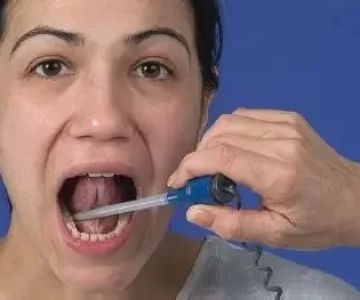
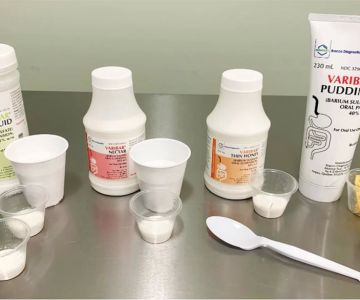
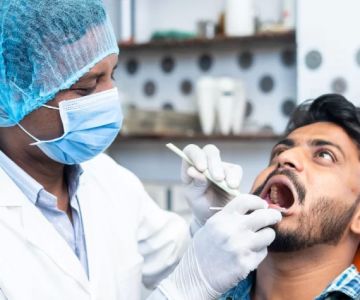
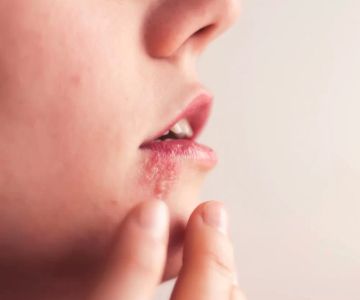
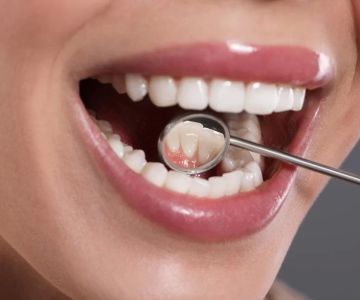
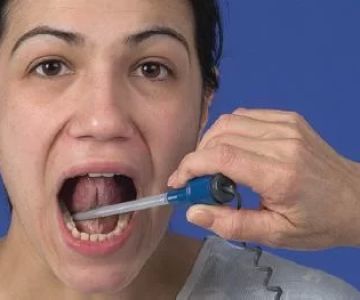
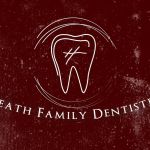 Heath Family Dentistry0.0 (0 review)
Heath Family Dentistry0.0 (0 review) Murphy Orthodontics - Chris Murphy, DDS4.0 (90 review)
Murphy Orthodontics - Chris Murphy, DDS4.0 (90 review)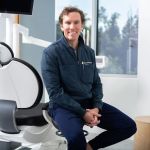 Capital Dental Design - Richmond5.0 (456 review)
Capital Dental Design - Richmond5.0 (456 review)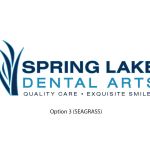 Spring Lake Dental Arts4.0 (64 review)
Spring Lake Dental Arts4.0 (64 review) High Point Dentistry4.0 (1675 review)
High Point Dentistry4.0 (1675 review) Dr. Eilis Purath0.0 (0 review)
Dr. Eilis Purath0.0 (0 review) The Importance of Oral Health Education During Pregnancy for a Healthy Pregnancy
The Importance of Oral Health Education During Pregnancy for a Healthy Pregnancy Best Tips for Brushing Your Teeth Properly for Healthy Gums: Essential Techniques for Oral Health
Best Tips for Brushing Your Teeth Properly for Healthy Gums: Essential Techniques for Oral Health Why Skipping Dental Checkups Can Lead to Bigger Oral Health Problems
Why Skipping Dental Checkups Can Lead to Bigger Oral Health Problems Advantages of Porcelain Dental Restorations
Advantages of Porcelain Dental Restorations How Can Diabetes Cause Tooth and Gum Problems? Preventing and Managing Oral Health Issues
How Can Diabetes Cause Tooth and Gum Problems? Preventing and Managing Oral Health Issues Healthy Habits for Promoting Good Oral Health and Hygiene: Tips for a Healthy Smile
Healthy Habits for Promoting Good Oral Health and Hygiene: Tips for a Healthy Smile